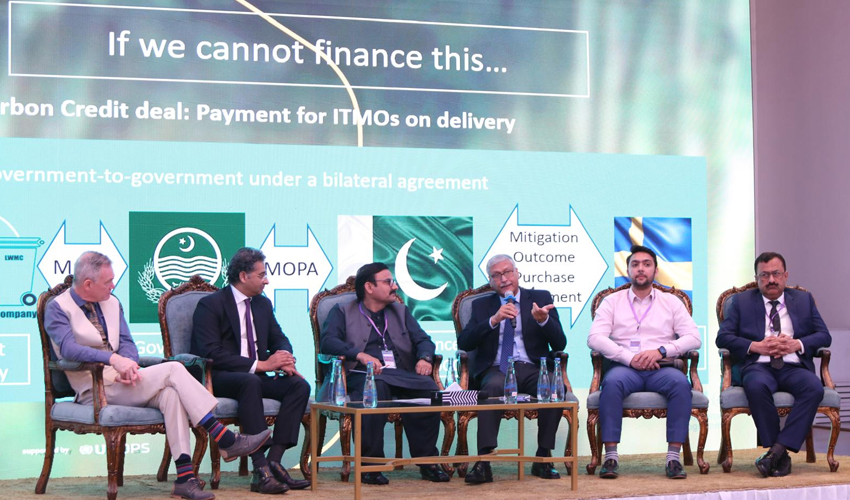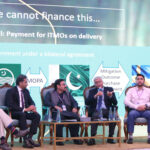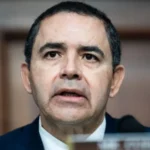Enhancing carbon finance prospects and implementing data-driven solutions for solid waste management in Pakistan were the main foci of the two-day conference.
The workshop was held at The Nishat Hotel in Lahore on April 29 and 30, and it was organized by the Supporting Preparedness for Article 6 Cooperation (SPAR6C) project, which is being implemented by the Global Green Growth Institute (GGGI). It was led locally by the UNEP Copenhagen Climate Centre and supported by GFA Consulting.
The German Embassy to Pakistan’s First Secretary, Mr. Jan Kühn von Burgsdorff, emphasized in his keynote address the government of Pakistan’s dedication to international cooperation as well as Pakistan’s serious vulnerabilities as a result of climate change. “The Government of Pakistan is deeply committed to international cooperation in carbon markets,” he said.
“In partnership with SPAR6C and the Ministry of Climate Change and Environmental Coordination, we are actively involved across several key areas, including municipal solid waste, mangroves, efficient cookstoves, and the cement sector.”
He stated, “There is an urgent need for investment in this sector, especially in mobilizing the private sector to invest in climate mitigation projects,” emphasizing the necessity for clear national regulations and procedures to guarantee that the proposed Article 6 complies with both Pakistan’s clean and green development policies and strategies and the international regulations of the Paris Agreement.







